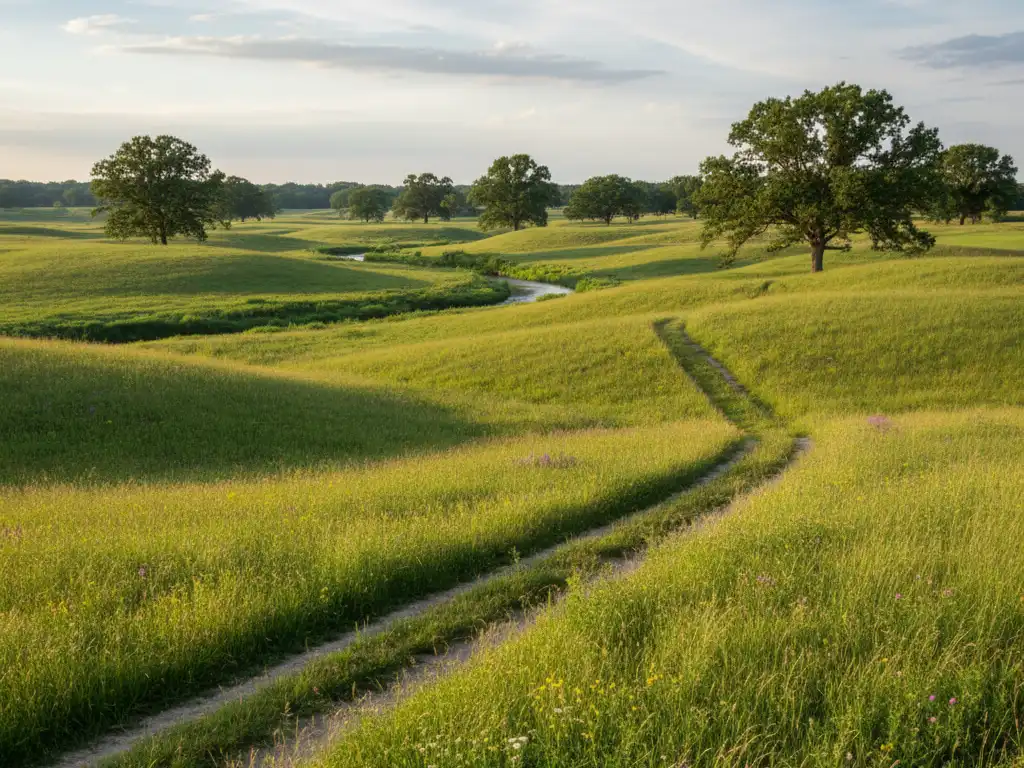Letter: Rebutting Misconceptions About Housing in Woodbridge
As a lifelong resident of this town, I have seen it evolve, sometimes painfully slowly, over the years. Today, I feel compelled to address ongoing discussions about housing, particularly the prospect of housing at the former Woodbridge Country Club site. Unfortunately, these discussions have stirred concerns among some residents, notably those represented by “United for Woodbridge,” a political action committee, and the “Woodbridge Republican Town Committee,” a political party that opposes any housing at the site.
It is crucial to debunk the misconceptions surrounding housing and its potential impact on our town. One significant misconception we must challenge is the notion that various housing options that include 1, 2, and 3-bedroom units, as well as 55+ communities, strain our local schools. Smaller housing units are less likely to have school-age children. This debunks the argument that housing significantly affects our schools’ financial well-being. Promoting a diverse range of housing options can create an environment that encourages people to make Woodbridge their home while increasing the tax base and not affecting the school’s financial wellbeing.
The former golf course location, with proximity to a major research university that needs workforce housing, makes it an ideal housing site. The site boasts access to public sewers and water, is not within a public water supply watershed, and has potential for public transportation, making higher density feasible. Also, the site can be linked to the town’s business area, stimulating economic development by creating a concentrated pool of resources and consumers. This concentration can breathe life into our local economy, fostering innovation, collaboration, and business growth. These outcomes could have a favorable impact on job creation and the prosperity of our local businesses, but it seems some would rather ignore these possibilities.
Higher-density housing can also provide environmental benefits by curbing suburban development and urban sprawl. Compact housing often integrates energy-efficient and eco-conscious design elements. The former golf course consists of enough acreage to incorporate open space complementing housing and is near Yale University’s 200-acre nature preserve and bird sanctuary that extends along 3,000+ feet of the town’s eastern border with New Haven—facts that those opposing higher-density housing seem unwilling to acknowledge.
We have an opportunity to pursue a balanced approach that respects the importance of conserving open spaces while simultaneously welcoming the benefits of housing. It is absurd that we need to make the case for housing considering its potential benefits. Housing could serve as a catalyst for economic growth and community unity. By embracing diversity in housing options and planning developments thoughtfully, Woodbridge can become economically dynamic, socially inclusive, and environmentally responsible. The future of Woodbridge rests in our hands, and it's unfortunate that some appear to prefer ignorance over progress. Let us make a choice that we can take pride in, one that will shape Woodbridge for generations to come even if relics of the past resist it with unfounded disdain.
This is an opinion not necessarily endorsed by the Woodbridge Town News.










